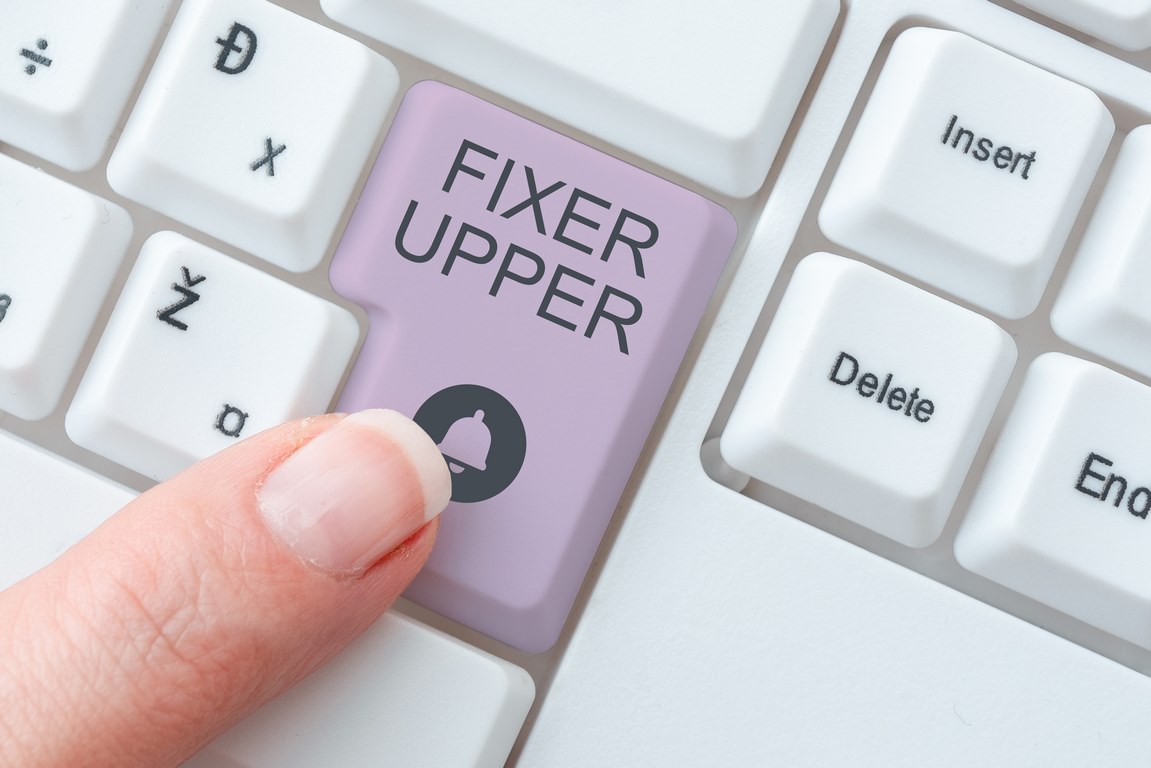Buying your first house is an exciting yet daunting experience.

After all, your home is likely the most expensive thing you’ll ever buy. Fortunately, there are creative ways you can use to help save more money when buying a house.
In this article, we’re sharing a few tips and strategies that can help reduce your homebuying costs as much as possible.
1. Look For a Realtor with Aggressive Negotiation Skills
Traditionally, when buying a house, you need to look for a reliable real estate agent to guide and help you throughout the process. However, when you need help deciding what the right price to offer on the house and getting the best deal possible, a realtor with excellent negotiating skills is your best friend.
Aggressive and tenacious buyer’s agents are committed to helping their clients save money. They can help you identify whether a property is overvalued or underpriced, protect you against overpaying on inspection and appraisals, negotiate at a lower contract price as possible, and so much more.
So, whether looking at the Utah real estate market or more in the eastern Washington area, finding the right realtor with strong negotiation skills can help you save thousands of dollars from your home purchase.
2. Improve Your Credit Score
Your credit score directly affects the lender fees and interest rate offers you receive. The higher your credit score is, the better deal you can get on your mortgage. Lenders will always look at your credit score to measure how well you’ve handled and paid off your debt in the past and how you’re likely to pay back your mortgage loan.
In general, applying for a mortgage loan with a low score, your lender will offer you a higher rate due to the perceived higher risk. On the contrary, strong credit history can help you score better rates from lenders.
So, take the time to improve your credit score before buying a home because it could significantly reduce your monthly mortgage payments. Generally, the lowest mortgage rates are offered to those with a credit score of 740 or higher.
3. Shop Around for The Right Lender
Even if you have a high credit score, different lenders offer different terms and rates. So, you want to shop around to find the one with the best offers. After all, you won’t know who’s offering the best deal unless you get a quotation from multiple lenders.
Shopping for a mortgage lender will require extra effort and communication. However, by doing so, you can find a better, more competitive mortgage rate and possibly reduce what you pay in fees.
Also, compare lender fees from every company and always ask for possible extra charges. For instance, fees for loan origination, application, and credit report can vary among lenders.
4. Buy During the Off-Season
If you want to score significant savings on the house, then you need to skip the peak house-hunting seasons. When demand exceeds the supply in a real estate market, the prices will increase, making it difficult to negotiate much off the list price, even with the best real estate agent. Also, increased competition from other homebuyers means you’ll most likely end up in a bidding war.
The spring and summer months are the peak season for home buying. In contrast, winter and during holidays may allow you to snag a cheaper home. Take note, however, that this will depend on factors such as government policies, demographics, and socio-economic issues. Moreover, when you do buy during the off-season, don’t be surprised with the fewer options you have.
Read Also:
5. Choose a Fixer-Upper
If you don’t mind putting some elbow grease into your new house, you could save a lot of money by buying a fixer-upper home. Remember that homeowners who don’t want to spend on home renovations or repairs can put you in a better position to negotiate at a lower price.
So, if you have the skills, tools, and time to do the work, a fixer-upper home is an excellent way to save money. Furthermore, do-it-yourself (DIY) repairs allow for better customization to fit your needs and lifestyles. However, be careful not to choose a home that requires extensive restoration and renovation as it may cause you more in the long run.
Takeaway
Buying a house is no small expense. The sticker price, along with other fees and costs, such as taxes, insurance, closing, and maintenance, could easily add up to your monthly housing payment. That said, by following the above tips, you should be able to keep your costs at a minimum and save more money for other important things in life.











